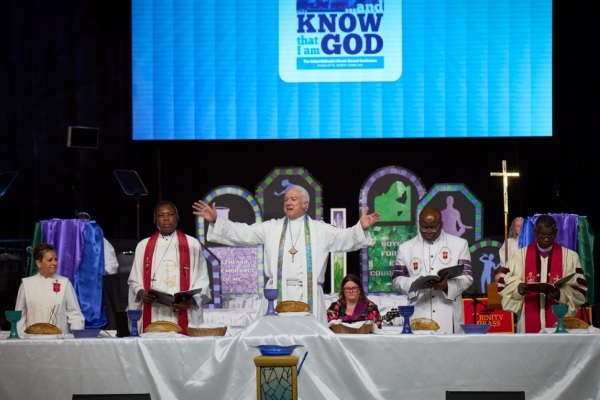Study: Christian Divorce Rate Identical to National Average
After months of revived debate over divorce and its increasing acceptance among Americans, a new study affirmed born again Christians are just as likely as the average American couple to divorce.
The Barna Group found in its latest study that born again Christians who are not evangelical were indistinguishable from the national average on the matter of divorce with 33 percent having married and divorced at least once. Among all born again Christians, which includes evangelicals, the divorce figure is 32 percent, which is statistically identical to the 33 percent figure among non-born again adults, the research group noted.
"There no longer seems to be much of a stigma attached to divorce; it is now seen as an unavoidable rite of passage," George Barna, who directed the study, stated in the study, which was released Monday.
Results of the study come less than a year after a high-profile Christian couple – Randy and Paula White – announced their decision to split, reigniting debates over divorce trends in the Christian community and whether Scripture allows divorce.
While a higher proportion of born again Christians marry (84 percent) compared to the national average (78 percent), recent trends indicate that Americans are growing more comfortable with divorce.
"Interviews with young adults suggest that they want their initial marriage to last, but are not particularly optimistic about that possibility," Barna noted. "There is also evidence that many young people are moving toward embracing the idea of serial marriage, in which a person gets married two or three times, seeking a different partner for each phase of their adult life."
Still, the divorce rate among evangelical Christians – who are defined as meeting the born again criteria plus other conditions – was lower (26 percent) than the national average. Meanwhile, those associated with a non-Christian faith were more likely to divorce (38 percent), the study showed.
Other population segments least likely to have been divorced include Catholics (28 percent), Asians (20 percent), adults who graduated from college and whose annual household income is $75,000 or more (22 percent), and adults who deem themselves to be conservative on social and political matters (28 percent).
Divorce was at a higher rate among Baby Boomers (38 percent), African Americans (36 percent), adults who did not attend college and with lower household income (39 percent), and people who consider themselves to be liberal on social and political matters (37 percent).
Thirty percent of atheists and agnostics had been married and subsequently divorced, but The Barna Group pointed out that they have lower rates of marriage (65 percent) and a higher likelihood of cohabitation.
The study is based on interviews with a random sample of 5,017 adults, age 18 and older, from January 2007 through January 2008.






















